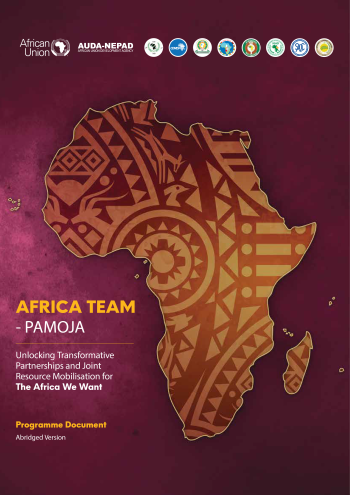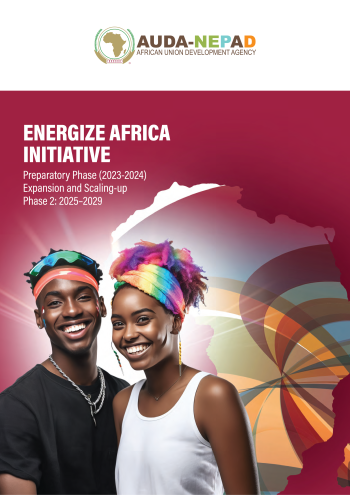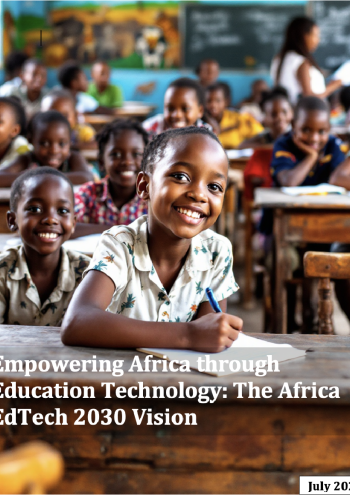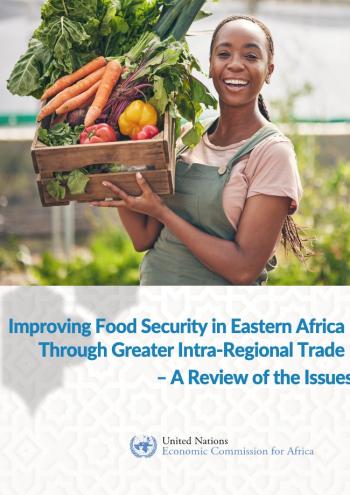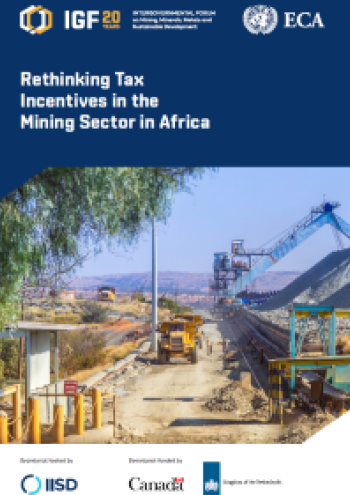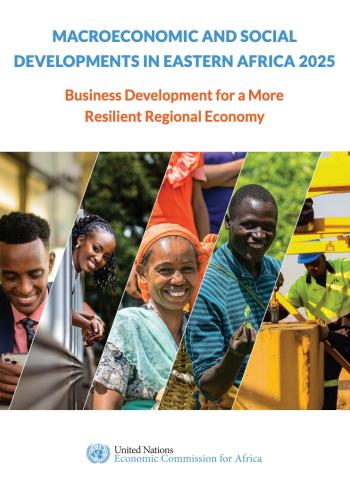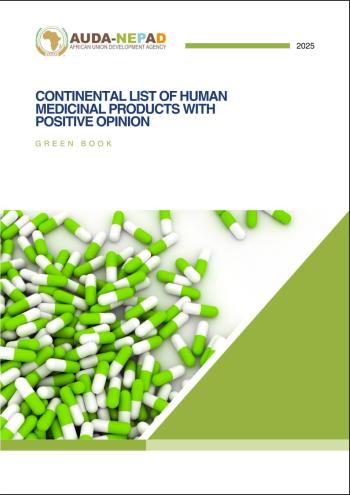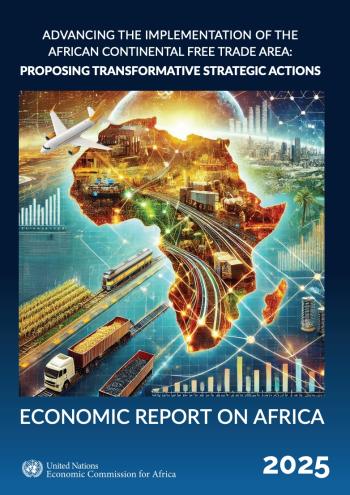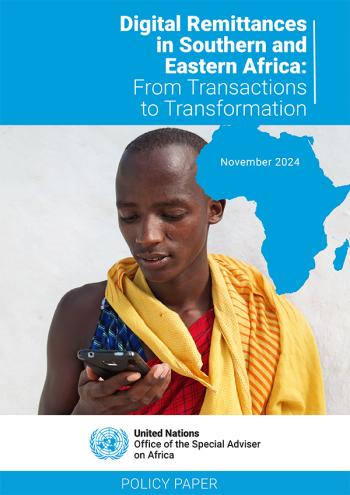Africa Team Programme Document
The Africa Team Programme is an initiative developed by the African Union Development Agency (AUDA-NEPAD) to enhance delivery, accelerate implementation of flagship programs, and strengthen partnerships across the continent. The programme is embedded in the broader goals of Agenda 2063, the African Union’s strategic framework for inclusive and sustainable development.
Energize Africa Project Document
The AUDA-NEPAD Energize Africa Initiative is a flagship programme launched to address Africa’s pressing need to harness the potential of its youthful population for sustainable economic growth and improved public service delivery. With 60% of Africa’s population under 25, and projections indicating a workforce increase of 450 million by 2035, the initiative targets systemic challenges like unemployment, poor public service performance, weak innovation ecosystems, and gender inequality.
Public Consultation: Draft Africa EdTech 2030 Vision and Plan
The African Union Development Agency (AUDA-NEPAD) is pleased to present the Draft Africa EdTech 2030 Vision and Plan for public consultation. This document has been developed as a strategic deliverable under Strategic Objective 5: Promote EdTech Innovation and Entrepreneurship of the African Union Digital Education Strategy and Implementation Plan (2023–2028).
Improving food security in Eastern Africa through greater intra-regional trade: a review of the issues
This new report offers a critical analysis of the food security challenges confronting Eastern Africa and champions enhanced intra-African trade as a pathway towards greater resilience. It begins by discussing the impact of climate change on Eastern Africa agriculture, noting that rising temperatures and erratic rainfall have led to declining productivity and increased food shortages. Despite the region's agricultural potential, one in five people remain chronically undernourished. It emphasizes the importance of climate-smart agricultural practices and investments in irrigation and soil conservation to mitigate these impacts.
Rethinking Tax Incentives in the Mining Sector in Africa
Due to various global crises and their subsequent socio-economic implications, governments across Africa face unprecedented challenges to mobilize the resources required to support economic recovery across all sectors of the economy, including the mining sector. While mineral resources represent a significant opportunity for domestic resource mobilization, most African countries have failed to fully realize the expected revenues from the sector due to several external and internal factors, including poorly designed and overly generous tax incentives.
This paper analyzes tax incentives in the mining sector in Africa, establishes their ineffectiveness in contributing to a more inclusive and transformative use of mineral resources, and highlights the need for rethinking them altogether.
Macroeconomic and social developments in Eastern Africa 2025
The report provides an overview of the macroeconomic and social developments in Eastern Africa, highlighting the region's resilience amidst global economic challenges. It discusses the impact of high debt levels, inflation, and currency fluctuations on the region's economies. The report also examines trade performance, firm growth, and progress towards the Sustainable Development Goals (SDGs). Key sectors such as agriculture, services, and manufacturing are analyzed, along with the role of large firms in driving economic growth. The document emphasizes the need for fiscal consolidation, debt management, and enhanced regional integration through initiatives like the African Continental Free Trade Area (AfCFTA).
Continental List of Human Medicinal Products with Positive Opinion – Green Book
The AMRH Green Book is a publicly available resource that provides information on medicines scientifically evaluated for safety, efficacy, and quality by the Evaluation of Medicinal Products Technical Committee (EMP-TC) in collaboration with the Good Manufacturing Practices Technical Committee (GMP-TC) through the Continental Procedure for Evaluation and Listing of Human Medicinal Products. It is intended to assist national regulatory agencies, healthcare professionals, industry stakeholders and the public by offering details on products that have undergone continental-level evaluation and received a positive opinion regarding safety, efficacy, and quality. This resource supports national marketing authorization decisions across AU member states through reliance principles. Additionally, the book includes information on the assessment of Good Manufacturing Practices (GMP) standards and compliance for the manufacturing sites of listed products, as assessed and established by the GMP-TC).
Advancing the Implementation of the Agreement Establishing the African Continental Free Trade Area: Proposing Transformative Strategic Actions
Africa stands at a critical juncture in its development, with immense potential driven by a youthful population, rich natural resources, and expanding consumer markets. However, while economic growth has rebounded post-pandemic, it remains below pre-pandemic levels, limiting progress toward the Sustainable Development Goals (SDGs). The African Continental Free Trade Area (AfCFTA), launched in 2021, presents a transformative opportunity to accelerate trade-led integration and drive inclusive, sustainable development.
Cybersecurity for Development in the Fourth Industrial Revolution: Research Report
This research report investigates the relationship between cybersecurity and development in the context of the Fourth Industrial Revolution, characterized by the Internet of Things and technological innovations. Analyzing data from 40 African countries, the study reveals a strong correlation between cybersecurity maturity and economic growth, with a 10% increase in cybersecurity leading to significant GDP per capita gains. The findings underscore the critical role of cybersecurity in fostering trust, enhancing internet penetration, and driving sustainable development across various regions, including Africa, Latin America, and Asia.
Digital Remittances in Southern and Eastern Africa: From Transactions to Transformation
This policy paper explores the transformative potential of digital remittances in Southern and Eastern Africa, highlighting their role beyond mere financial transactions. Digital remittances have become increasingly significant due to the proliferation of mobile networks, the rise of fintech startups, and government initiatives promoting digital payments. The transition into the digital age and the adoption of digital remittances present a new set of challenges. From regulatory challenges to cybersecurity concerns, the journey toward digital remittances is fraught with hurdles.

🎵 Featured Audio
